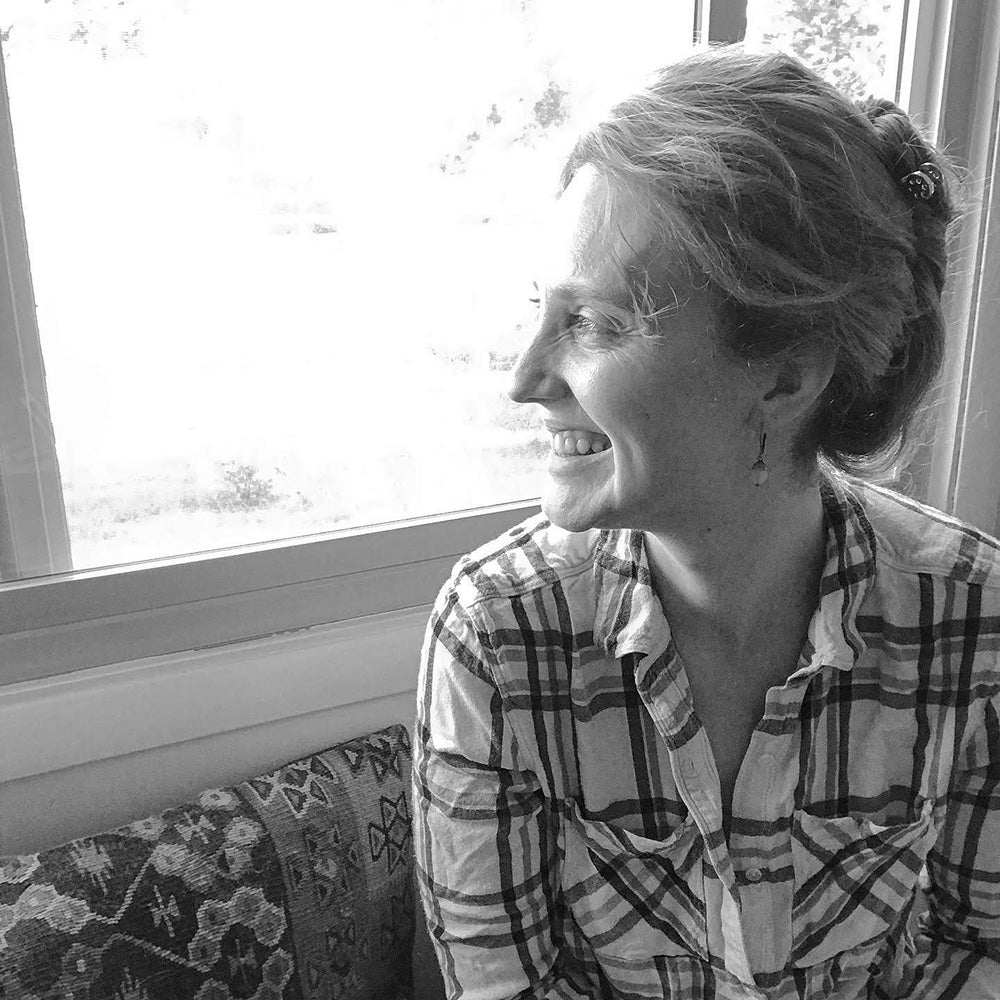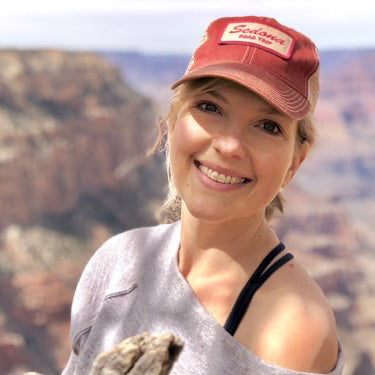The River of Goodbye by Christina Kemp

Endings are inevitable, and filled with particularities. Loss tends to be more ongoing than many prefer to acknowledge, as it takes many forms, some more subtle and hidden than others. Some lose a sense of place, geographically and inwardly, and we experience relationships that dissolve, threads of connection that are broken. Dreams fade as endeavors fail to blossom into fruit, and vocational callings are replaced by empty time or simple jobs. Communities fragment, mindsets shift, and the comforting fog of certain illusions is cleared. In all of life – from survival to simple moments of joy – always, each time, person, season, thing and moment passes.
For some, the weight of heavy loss pours outwardly in a kind of pure honesty, as bellowing cries of angered sadness echo, and are released down into the earth. Others wince in pain, followed by elongated seasons of disillusioned numbing. Some shed tears that fall with deep bitterness; but others smile with tearful remembrance of what was. The young tend to display their openness and unfiltered sense of hurt the most naturally, until learning through waves of dismissal and shame in the gestures of discomfort in those around them, that the natural release of feeling is somehow unwelcome...
There are different responses to the many sensations of pain in loss. Remedying what might otherwise remain obtuse, we may discover the felt difference – that severing is not the same as surrender; displacement, not a genuine pouring out; and cutting off, is not the same as letting go. In the reflective process of our discernment, we might begin to glimpse lucent flickers of wisdom to guide us through what is most often an unclear path of tending to our grief.
Our primitive nature holds instinctual wiring that encourages our movement away from discomfort. In the short-term, the distance provides some tepid relief, making the unbearable somehow more tolerable; and our defenses are helpful, and often necessary, when we need them. It is over time that the ripples of dismissal quietly erode the vitality that remains. Neglect stretches with cool indifference where warmth may otherwise exist amid shadows of loss. We never outrun ourselves or the pain of whatever we lose or are losing; and there is a burdensome inheritance when we diminish, rush, criticize, control and perhaps most devastatingly, ignore whatever those losses are.
Through endings we confront the humbling limits of ourselves. Death finds everyone; the geography of our social embeddedness changes; the earth moves and groans; and there are times when whatever we have suffered simply needs to bleed. Grief drops the heart into unutterable places where the only medicine may be our tears.
Referring to grief as an act of both healing and a praise of what was, the shaman Martin Prechtel says, “to not grieve is a violence to our own hearts.”
To discover meaning in the ways of ending perfumes the universality of loss. We begin to touch this through the honoring of all that is. Deep within the human soul is an ancient call to bring together into fullness, all that we experience – shifting shades of light, dark and luminous colors of our experiences. Misconceptions aside, there is no right or wrong way to feel about any one thing: there is only our honest engagement and working through of what is, or, our running from it.
When we say goodbye with a spectrum of feeling with regard to the fullness of our experiences – anything from disappointment to rage to gratitude and joy – we move from harmful disregard into a mystery that integrates and grounds the core of our spirits amid the shifting sands of our lives. Grief is not a clean process, and it is not linear. It is a mess, and it is something we will return to again and again. But to grieve is to also be honest, greatly loving, and infused with the integrity of what is real.
Saying goodbye will look different for each of us. Whatever we confront in an ending is wild, unknown, and should be followed. Regardless of what we are letting go.
No way exists to avoid the depth of grief that runs beneath us all. To grieve is to have lived fully, and from the heart. We may step in and swim through, or delay our submergence, with distractions that are plentiful. One process leads to release, and the other, deepened hurting and collective harm.
Beyond our discomfort of letting go, endings themselves, in all of their nuances and particularities, are rarely the end of all things; and even when confronted in death, are only an entrance into the great unknown.
Crossing through grief takes time. Eventually, we find new ground on another side of loss; opening our hands, we allow the earth to fall through our fingers, and rest in whatever remains – small granules of a particular presence, amid the absence of whatever has passed away.
We are never left with nothing.
We have only to allow whatever is being spoken in the breakage of our loss, to sing it’s final song, one last time.
Christina A. Kemp is a counselor, teacher & writer who blends psychological, spiritual and embodiment approaches in healing. She lives and works on Bainbridge Island.
You can read about her work at HealingEngagement.com or on Instagram.




